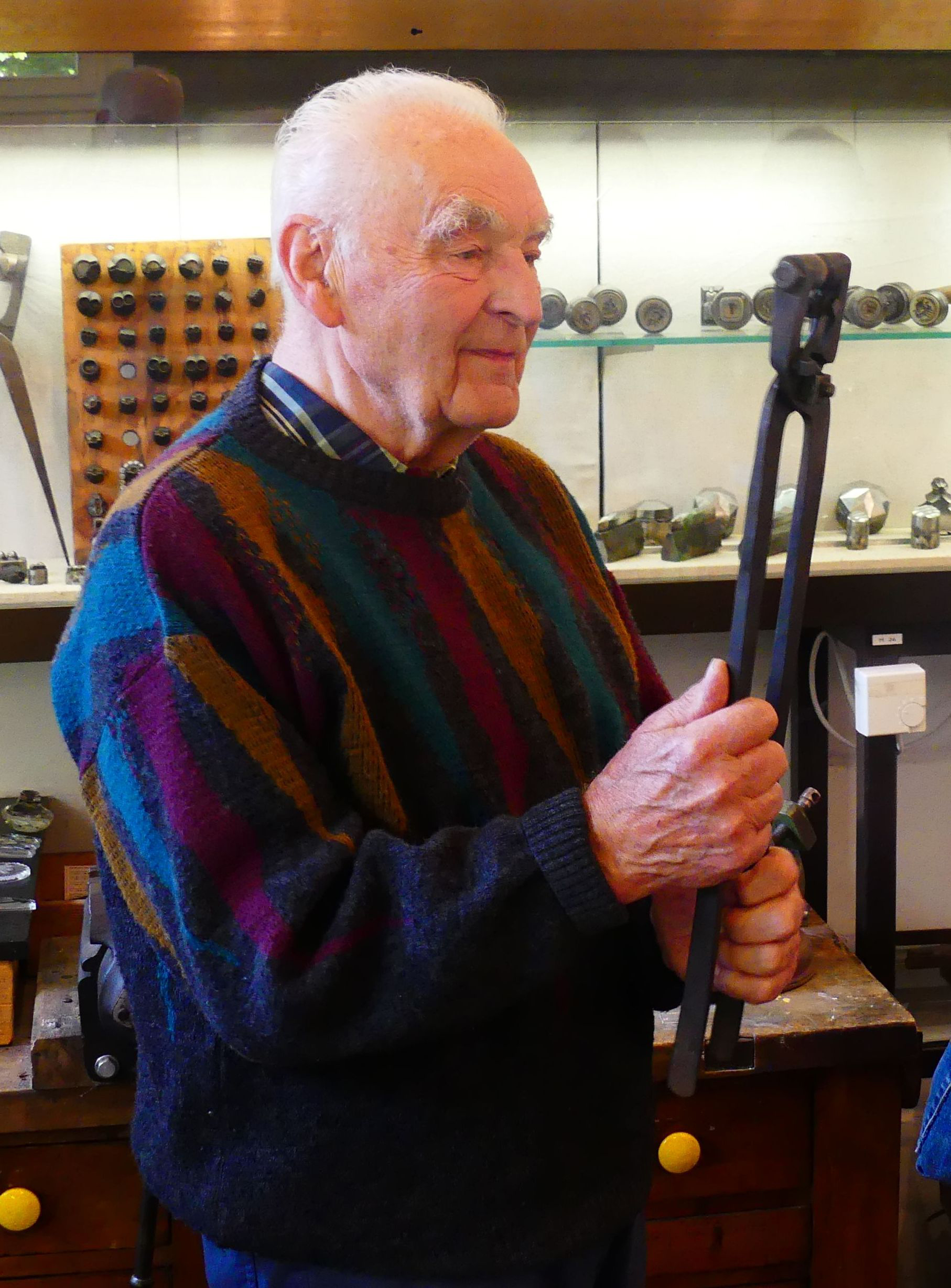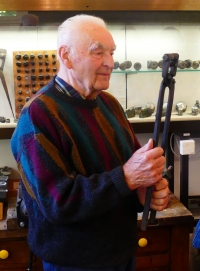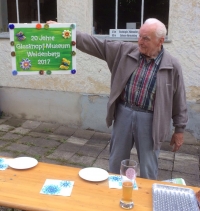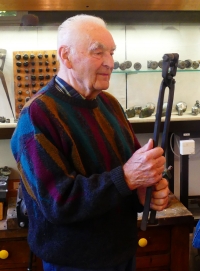Living together with Czechs was good, it could have stayed the same as before 1938

Download image
Ernst Weber was born on 8 June 1930 in Janov nad Nisou (Johannesberg in German) near Jablonec as the son of Ernst, a glass mould manufacturer, and his wife Emma, née Streit. He was getting ready to take over the family business since he was a child. His native village was inhabited predominantly by Germans, more Czechs lived in the neighbouring town of Jablonec where he was getting his apprenticeship. In Mr Weber‘s opinion, living together with Czechs was good, everything could have stayed the same as before 1938. During the existence of the Czechoslovak state, Ernst attended a German school. There was one Czech class in the school, too, however, the Czech and German children would only rarely get into contact. In 1941 his father Ernst was sent as a forced labourer to the Junkers plant in Germany. He was partially poisoned by leaded petrol there and was dismissed from the factory in 1944. He was suffering from the effects of the poisoning for the rest of his life. The Red Army passed through Janov on 11th or 12th May and as early as in June 1945 a Czech administrator was appointed for the Weber family workshop. The house was then marked “under national administration“. The grandparents of Ernst Weber were declared “anti-fascists“. The parents of his mother were completely spared the expulsion, the parents of his father were expelled into the Soviet zone in a privileged way, i.e. including their furniture and a considerable part of their property. The Webers and their baby son born in 1945 were included in the expulsion relatively late in August 1946. After the stay in Rýnovice (Reinowitz) and Rychnov (Reichenau) camps, the family embarked on a week-and-a-half long ride on a cargo train, passing through Žitava (Zittau), Dresden and Berlin before they arrived at the internment camp in Grimmen. After a short stay in Ballenstedt in East Germany, the Webers managed to acquire a permit for relocation to Bavaria. In 1952 the family moved its newly established company for glass mould manufacturing to Weidenberg. This is where Mr Weber has lived until this day, started a family, and took over his father’s business in order to pass it on to his own son later on.




